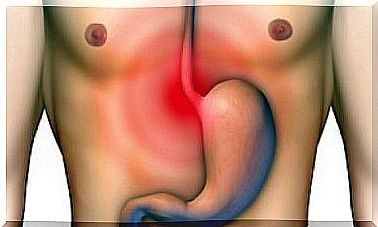10 Household Accidents And How To Prevent Them
There are several types of household accidents that happen frequently, but there are also ways to avoid them. Falls, burns, and poisonings can be causes of significant injury. Implement security measures for the whole family.
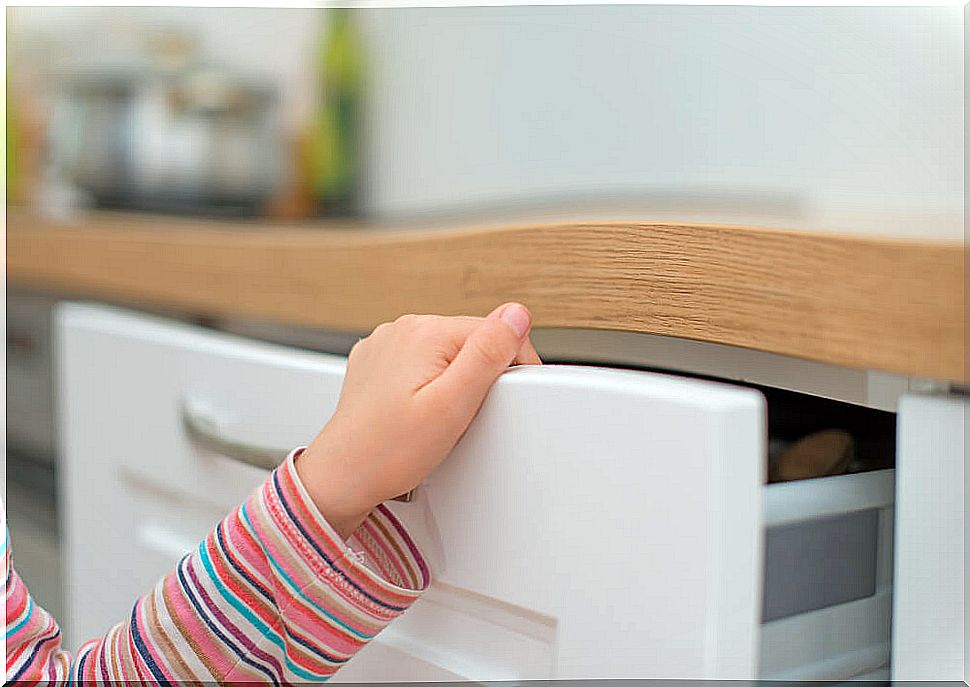
Domestic accidents are quite common and can even endanger the life of those who suffer it. Burns, drowning, poisoning, falls and blows are the most common. Injuries also occur from contact with electricity, cleaning products, or medications. Falls on the stairs or in the bathroom or are equally frequent.
Next we will talk about the 10 accidents that can happen at home and what can be done to prevent them.
10 domestic accidents and how to prevent them
This type of accident ranks as the fourth leading cause of death in Europe, with 5% of cases, behind cancer, heart disease and cardiovascular disease. Statistics show that 10% of the population suffers from domestic accidents on a daily basis.
The highest risk group is made up of people between 25 and 45 years old. Women have a higher incidence, with 58.7% of cases, compared to 41.3% in men. The most risky hours are between 9 in the morning and 12 noon, and 5 in the afternoon and 8 at night.
1. Burns
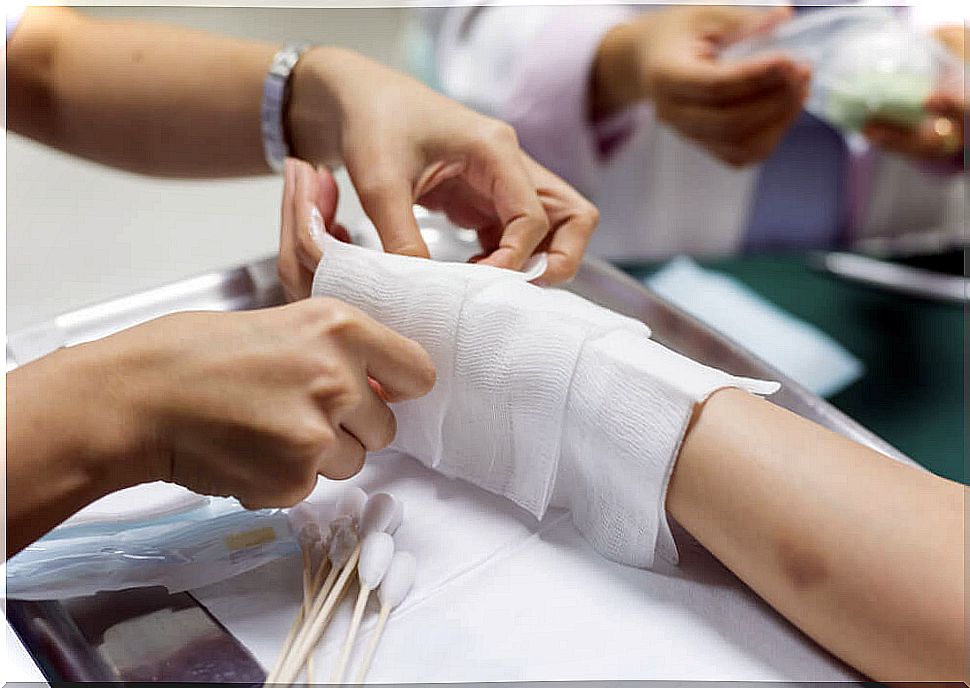
Handling matches, hot objects such as irons, pans, and boiling water can cause serious household accidents. It is essential to use gloves to avoid burns in contact with these objects. Also, do not keep matches, lighters or lighters within the reach of children.
2. Deep cuts and wounds
Cuts are one of the most frequent domestic accidents.
Sharp objects, such as knives, razors, and glass, should be safely stored. To try to avoid domestic accidents, do not leave them within the reach of children. For their part, adults should exercise extreme caution while handling these types of objects.
3. Frequent falls
Slippery floors, carpets, or stairs are common fall scenarios. The risk of tripping over misplaced objects, slipping on waxed floors or stepping on toys on stairs causes 51% of accidents at home.
- A good solution may be to teach family members, old and young, to go slowly down the stairs and holding onto the handrail.
- It is also necessary to avoid leaving objects lying on the ground that could cause an accident.
4. Intake of dangerous products
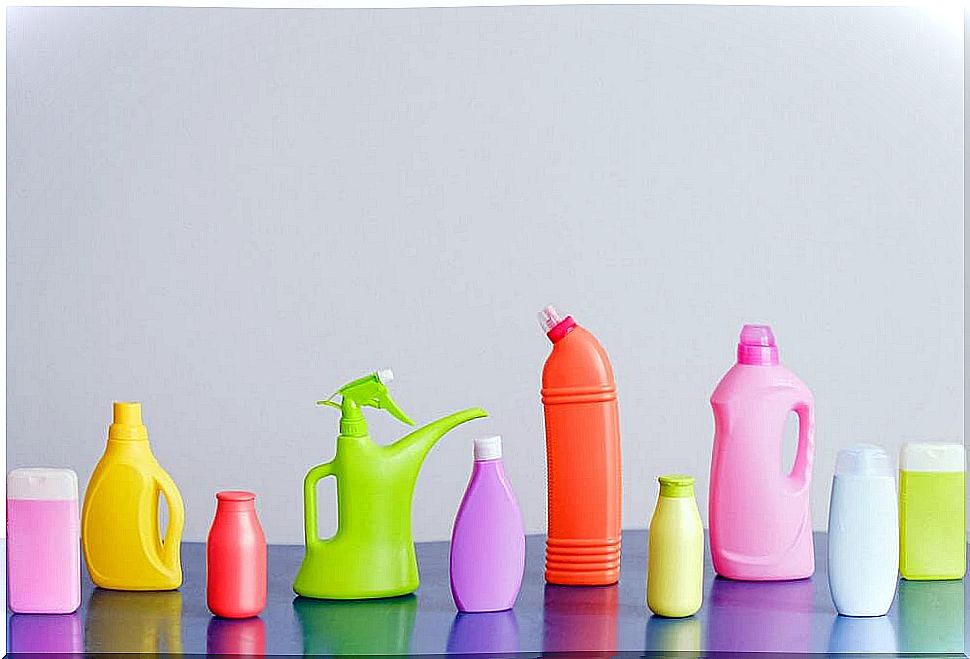
Medicines, cleaning products, insecticides or first aid kits should be placed in areas that cannot be accessed by the smallest of the household. To avoid confusion, good product labeling is important and always keeping them in the same place.
5. Bars for security
The precaution of putting bars on doors, windows and terraces will minimize the risks. It is a measure that can be adopted in any home, but especially if you live with children in tall buildings. This will prevent falls and other accidental but possible accidents.
6. Doors always closed
Doors, cabinets, and drawers must be kept closed. Sometimes the pantry is opened to take out a product and is left open. This act is dangerous, as a member of the family may hit the door.
One of the solutions is to act slowly and with full awareness of what you are doing. In addition, safety latches can be fitted to prevent children from opening cabinets or drawers, and injuring themselves or taking dangerous utensils.
7. Bathrooms: risk areas
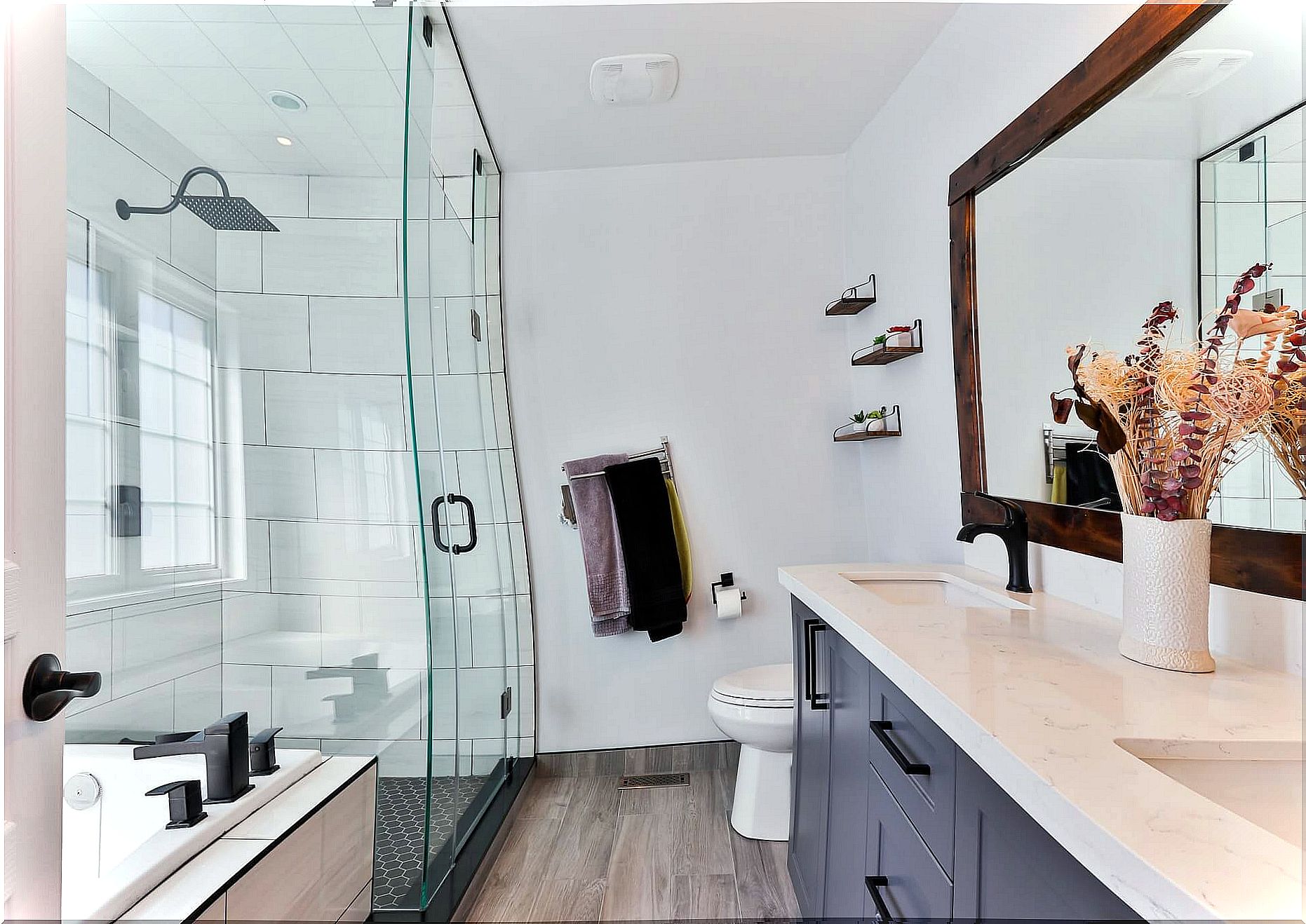
Caution in bathrooms must be extreme. They are frequent accident sites, where fractures, twists, irritations and collapses can occur.
If the floor is wet or the carpet is poorly laid, they are likely to occur. Opt for non-slip mats in and out of the tub to prevent falls, especially in older people.
8. Beware of buckets of water
The risk of death by immersion also increases if it is customary to leave buckets full of water in homes where children live.
The habit of placing the water buckets in a safe place, or taking the precaution of using the water and storing the container, will reduce the chances of domestic accidents.
9. Risk of suffocation
Small objects that children can put in their mouths are very dangerous. Do not leave them within reach of the little ones and, above all, do not lose sight of them while they are playing.
Besides, you have to avoid the carbon monoxide that cars give off, as it affects the respiratory tract. Smoke from a gas stove or heater has its risks. It is necessary to be attentive to the emanations that may occur in the home.
10. Electricity, danger!
Electrical accidents are also common. Plugs and cables, or their contact with water are latent dangers. The recommendation is to cut off the electrical flow during repairs or cover risky objects so that children do not access them.
Take extreme precautions to avoid domestic accidents
These 10 types of domestic accidents are frequent and you have to be vigilant. If you take the security measures that we suggest you can prevent them for the benefit of you and the whole family. Don’t let your guard down.
